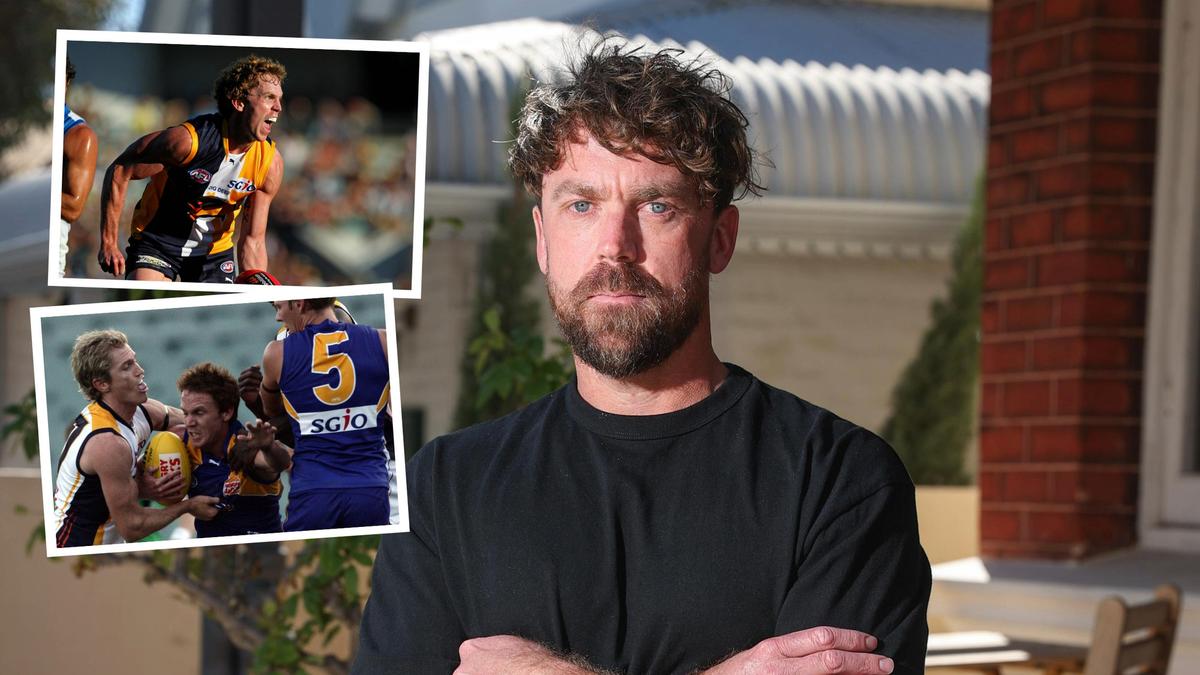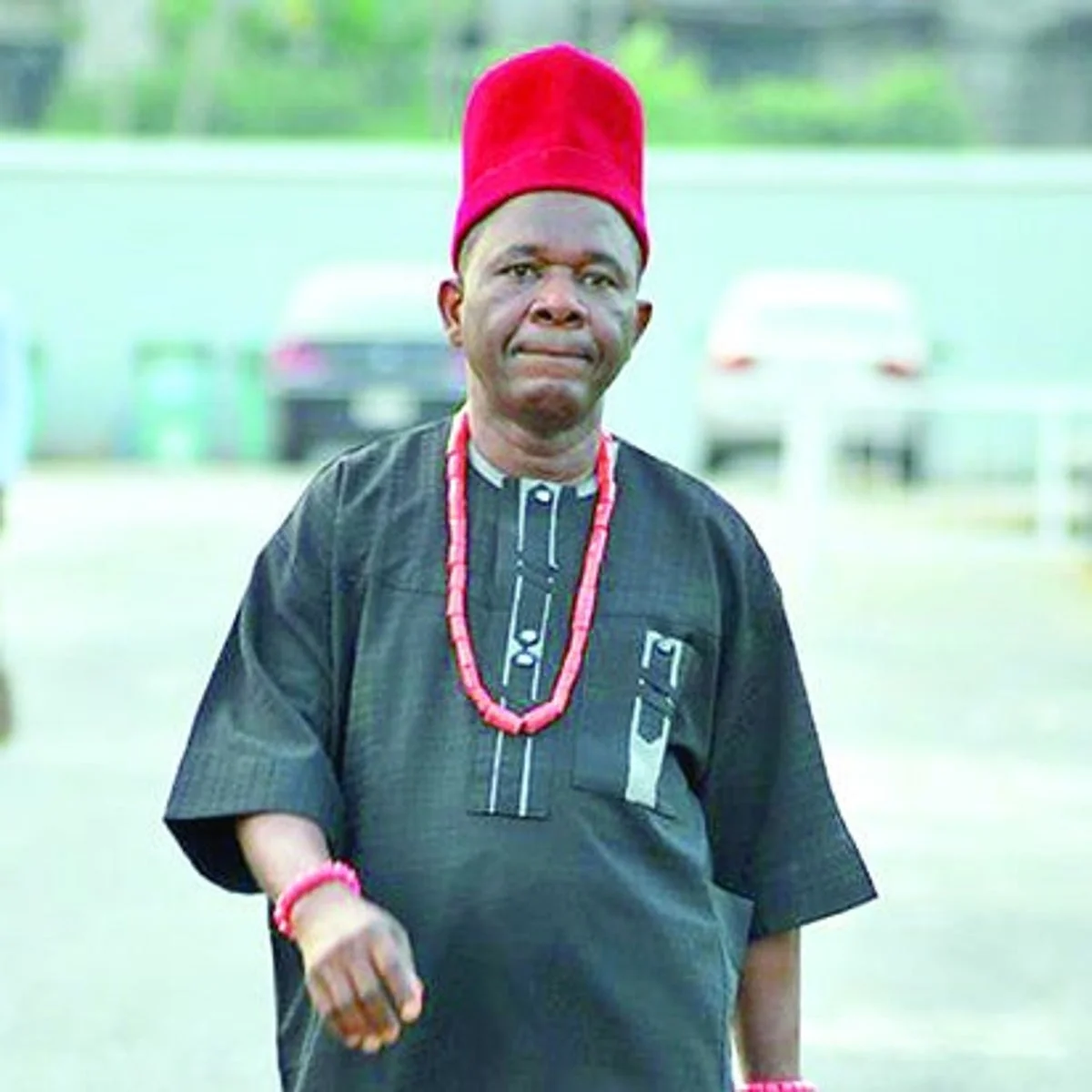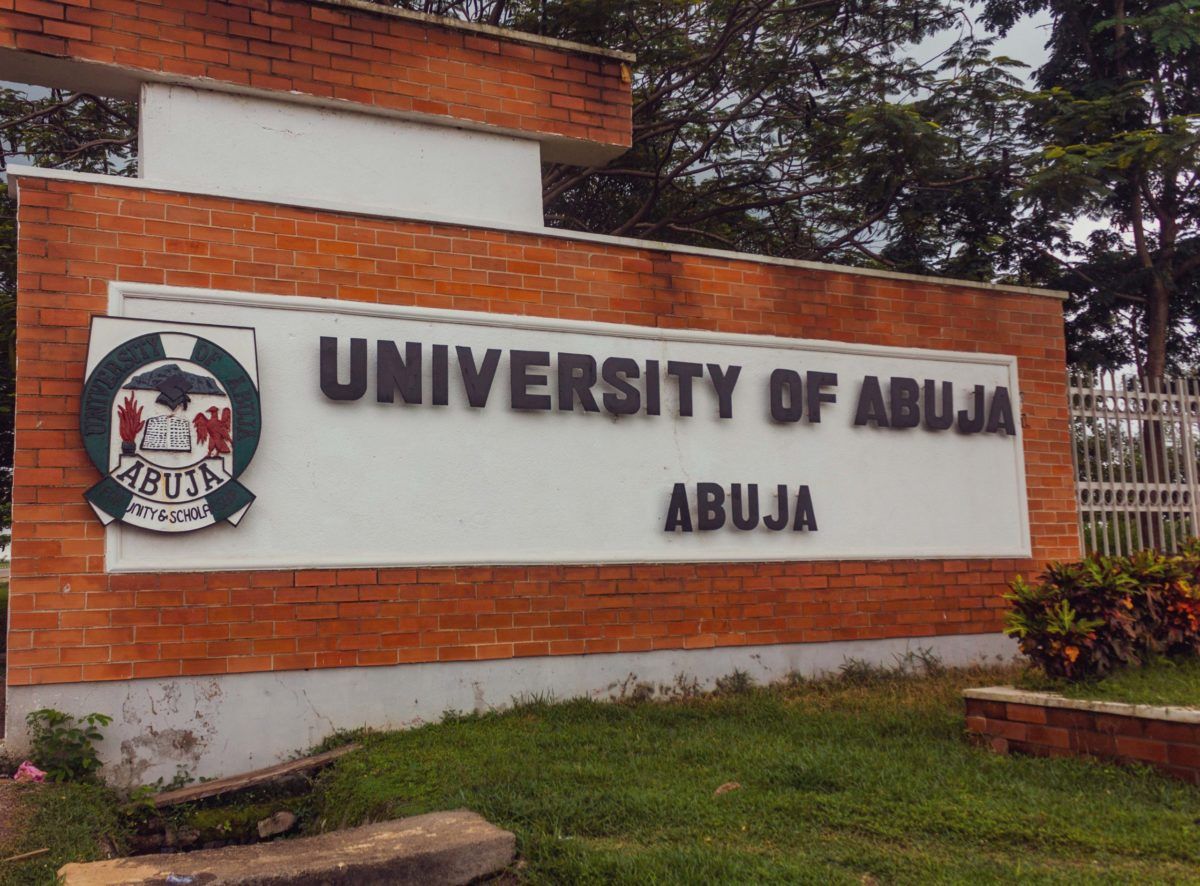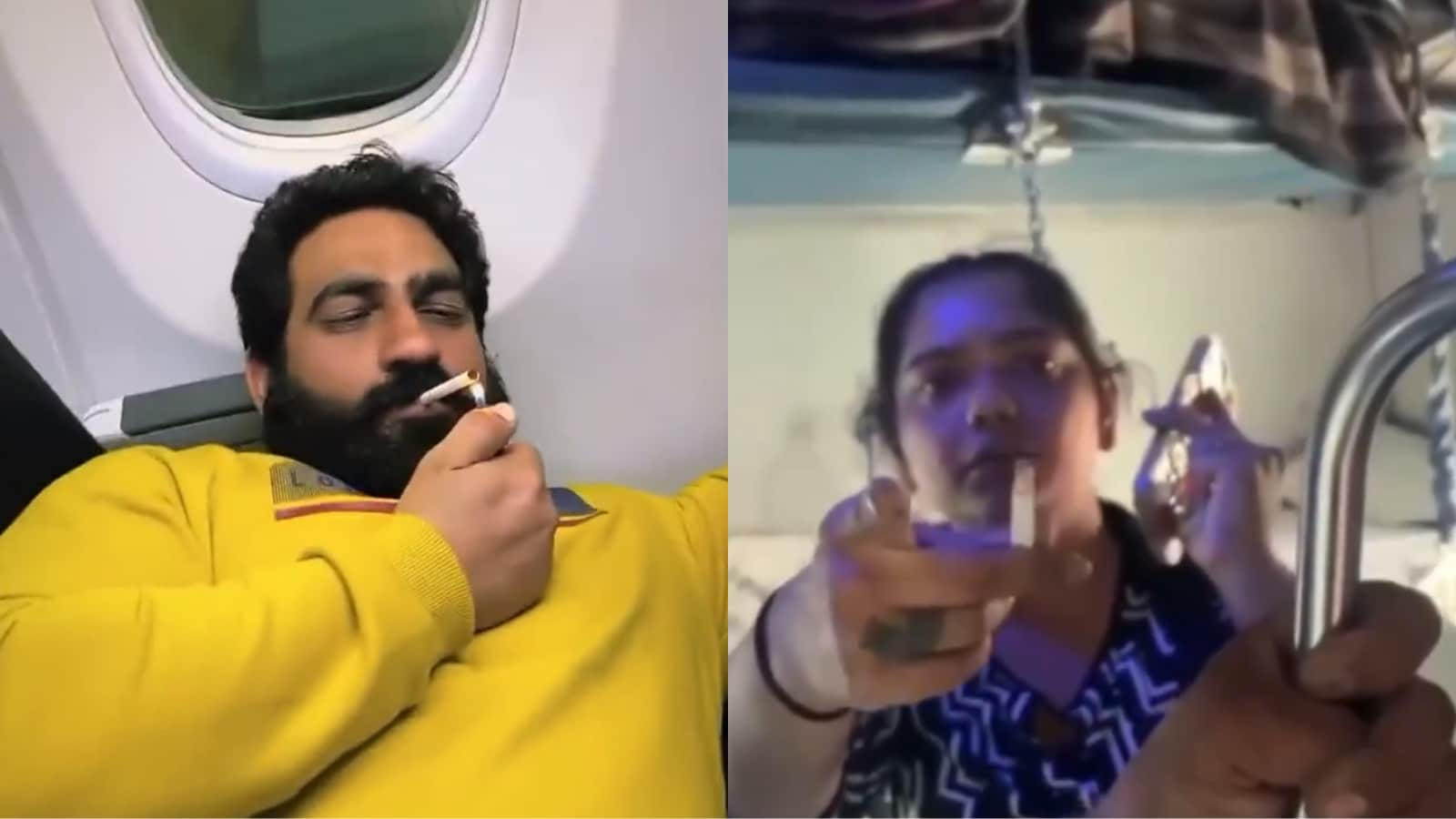By Winifred Lartey
Copyright asaaseradio
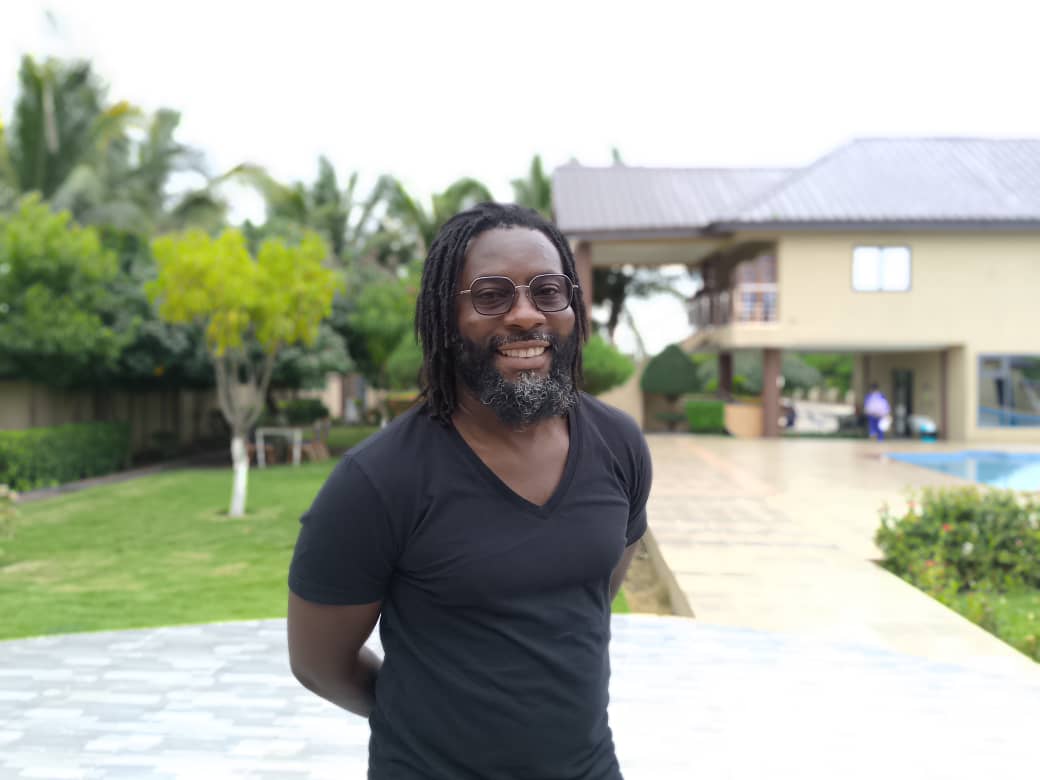
Illegal mining activities known as galamsey are systematically undermining years of progress in sexual and reproductive health education among young people in northern Ghana, with boys abandoning schools for quick profits that fuel risky behaviors, stakeholders warn.
Elikem Katsekpor, Project Officer for the Social Health and Reproductive Education (SHARE) Project, said the mining operations in affected districts are creating a cascade of problems that threaten to undo hard-won advances in adolescent health education and outcomes.
“Alarming enough is the issue of galamsey in the Bongo District that is affecting sexual and reproductive health gains,” Katsekpor said during a media capacity-building session in Bolgatanga. “Because right now the young people, especially the boys, prefer to do galamsey than to go to school.”
The exodus of young men from classrooms to mining sites is creating dangerous ripple effects throughout communities in Builsa South, Kasena Nankana Municipal, and Kasena Nankana West districts, where the SHARE project operates.
“Once they have access to a lot of money, the promiscuity and the issues of reproductive health gains that has been made is dwindling,” Katsekpor explained, highlighting how sudden wealth among unschooled youth is fueling high-risk sexual behaviors.
The mining crisis compounds an already complex landscape of substance abuse that further threatens adolescent health progress. Katsekpor identified multiple levels of drug abuse plaguing young people, from illicit substances flooding local markets to alcohol dependency.
“So now we all know the major menace the country is facing with illicit drugs that’s getting young people high. Tramadol, the 225, 500 mg, that’s in the market,” he said. “There’s also low-key high substance and alcohol abuse.”
The combination of easy money from illegal mining and readily available drugs creates a perfect storm for poor decision-making among adolescents, according to the health educator.
“Again, in some districts, because of access to resources on the part of young people and how easily these drugs are being accessed, it’s becoming a menace, which is also affecting the gains that have been made,” Katsekpor said.
“Because once people are on that tangent, they do not really take into consideration the implications of some of the decisions that they take.”
The deteriorating situation has led to measurable setbacks in reproductive health outcomes, with teenage pregnancy rates beginning to climb after years of decline.
“So you’d realise that teenage pregnancy is on the rise,” he noted.
The SHARE project, implemented through a consortium led by Right to Play with the Forum for African Women Educationalists (FAWE) serving as the advocacy arm, has been working to address these challenges through parent-centered education approaches.
“The approach is to engage a lot more of the parents, so that they are empowered enough to be able to have these conversations with their adolescents,” Katsekpor explained. “So the parents are more of the cascaders with regards to the training and the capacities that are built.”
The project has conducted extensive training for parents and caregivers on sexual and reproductive health rights, as well as addressing harmful traditional practices that impede gender equality. Community dialogues in 70-80 metro areas help identify knowledge gaps and connect various social issues affecting adolescent health.
However, the external pressures from galamsey operations and drug proliferation continue to challenge these educational efforts, threatening to reverse progress made through years of community engagement and capacity building.
Katsekpor emphasised that sustained media engagement remains crucial for maintaining educational momentum and serving as a watchdog to preserve health gains in affected communities.
“We feel like sometimes when we come here and we do the things and we go, journalists and the media serve as the watchdog to ensure that the gains that are being made are maintained,” he said.
Reporting by Mark Smith in the Upper East Region
Asaase Broadcasting Company airs on Asaase 99.5 Accra, Asaase 98.5 Kumasi, Asaase 99.7 Tamale, Asaase 100.3 Cape Coast, AsaasePa 107.3 (Accra).
Affiliates: Bawku FM 101.5, Bead FM 99.9 (Bimbilla), Mining City Radio 89.5 (Tarkwa), Nandom FM 101.9, Nyatefe Radio 94.5 (Dzodze), Sissala Radio 96.3 (Tumu), Somuaa FM 89.9 (Gushegu), Stone City 90.7 (Ho) and Wale FM 106.9 (Walewale).
Listen online: asaaseradio.com, Sound Garden and TuneIn.
X: @asaaseradio995, @Asaase985ksi, @Asaase997tamale, @asaase1003, asaasepa1073
Instagram: asaaseradio99.5, asaase985ksi, asaase100.3, asaase99.7tamale, asaasepa107.3
LinkedIn: company/asaaseradio995. TikTok: @asaaseradio99.5
Facebook: asaase99.5, asaase985ksi, Asaase100.3, asaase99.7, AsaasePa107.3.
YouTube: AsaaseRadioXtra.
Join the conversation. Accra: call 020 000 9951/054 888 8995, WhatsApp 020 000 0995. Kumasi: call 059 415 7985 or call/WhatsApp 020 631 5260. Tamale: call/WhatsApp/SMS 053 554 6468. Cape Coast: call/WhatsApp 059 388 2652.
#AsaaseRadio
#TheVoiceofOurLand
